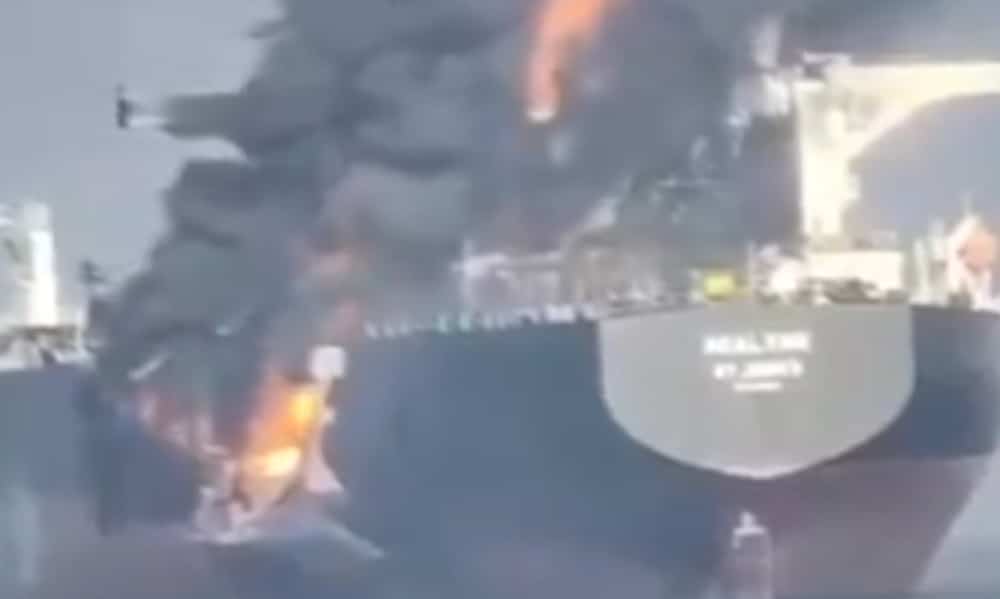Qatar Halts Maritime Navigation Amid GPS Crisis

In a significant move, Qatar’s Ministry of Transport has ordered a complete halt to navigation in its waters due to a “technical fault in the GPS,” which has disrupted maritime routes. This decision comes in the wake of increasing incidents of GPS jamming in the region, impacting hundreds of vessels daily. The situation poses particular challenges for tankers and LNG ships operating at Qatar’s export terminals, leading to heightened safety concerns.
Impact of GPS Jamming on Maritime Operations
The recent order from Qatar’s Ministry of Transport highlights a growing issue with GPS jamming, which has been on the rise in the Arabian Gulf and the Strait of Hormuz. Windward, a maritime intelligence firm, reports that many vessels have experienced significant interference, with some AIS signals showing inaccurate positions far inland. This disruption has raised alarms, particularly for tankers and liquefied natural gas (LNG) carriers navigating Qatar’s critical export channels.
To mitigate risks, QatarEnergy has implemented a ban on nighttime navigation, prohibiting all transits from 18:00 to 05:00. This precaution underscores the seriousness of the situation, as the ministry aims to ensure the safety of vessels during this turbulent period. The uptick in GPS spoofing incidents has transformed from a minor cyber threat into a serious navigational hazard, affecting key maritime routes worldwide.
Historically, reports of GPS interference have surged, with the help desk at sat coms specialist Marlink noting a dramatic increase in client concerns. In July 2024, the firm received one inquiry every two weeks regarding GPS availability, but by mid-July 2025, that number escalated to over 150 reports in just one day. This alarming trend has drawn attention to the broader implications of GPS disruptions for global maritime safety.
Recent Incidents Highlighting Navigational Risks
Recent maritime accidents underscore the dangers posed by GPS spoofing. In June, two tankers collided south of the Strait of Hormuz, a catastrophic event attributed to extensive GPS interference. Similarly, the container ship MSC Antonia ran aground off the coast of Jeddah in May, with tracking services inaccurately depicting its location far from the coast, deep in the desert. These incidents highlight the critical need for robust navigational systems and the challenges posed by ongoing GPS vulnerabilities.
As authorities continue to grapple with these issues, the maritime industry is calling for increased awareness and improved technologies to safeguard against GPS-related threats. The recent halting of navigation in Qatar serves as a stark reminder of the urgent need to address these vulnerabilities to protect vessels and ensure safe passage in increasingly congested and perilous waters.
